GSK
Summary
GSK is depicted as a historically significant pharmaceutical company with strengths in vaccines and specialty medicines, particularly in HIV and respiratory treatments. However, its perception is mixed, with critics noting slower growth compared to rivals like AstraZeneca, a less impressive track record, and vulnerabilities from patent expirations. The company is seen as a safer, dividend-focused investment but struggles with R&D productivity and regulatory headwinds in the U.S. While it has made operational improvements, its growth prospects lag, and it faces risks from tariffs and shifting healthcare policies. Positive mentions include its role in public health initiatives, such as TB vaccine trials, but these are overshadowed by concerns about long-term sustainability.
Source Analysis
The primary sources are financial podcasts discussing GSK's market position, with insights from fund managers. The Edinburgh Investment Trust's Emily Barnard provides balanced analysis, highlighting both strengths and weaknesses. A segment on regulatory risks in the U.S. underscores external challenges. The TIKTOK clip contains a non-relevant slang term, while the Health Check podcast mentions GSK's vaccine work, adding a minor positive note.
Trending Topics
Pharmaceutical sector competition, U.S. regulatory risks, vaccine development, patent expirations, weight-loss drug market, R&D efficiency, and dividend performance.
Why These Topics Are Trending
The discussions focus on GSK's rivalry with AstraZeneca, risks from U.S. tariffs and healthcare policies, its vaccine pipeline, and challenges with patent cliffs. Its involvement in weight-loss drugs and R&D streamlining are also highlighted, alongside its role in public health initiatives like TB vaccines.
Sentiment Breakdown:
Detailed breakdown of public sentiment and conversations about this company.
Competitor Benchmark
See how this entity compares to competitors across key metrics.

